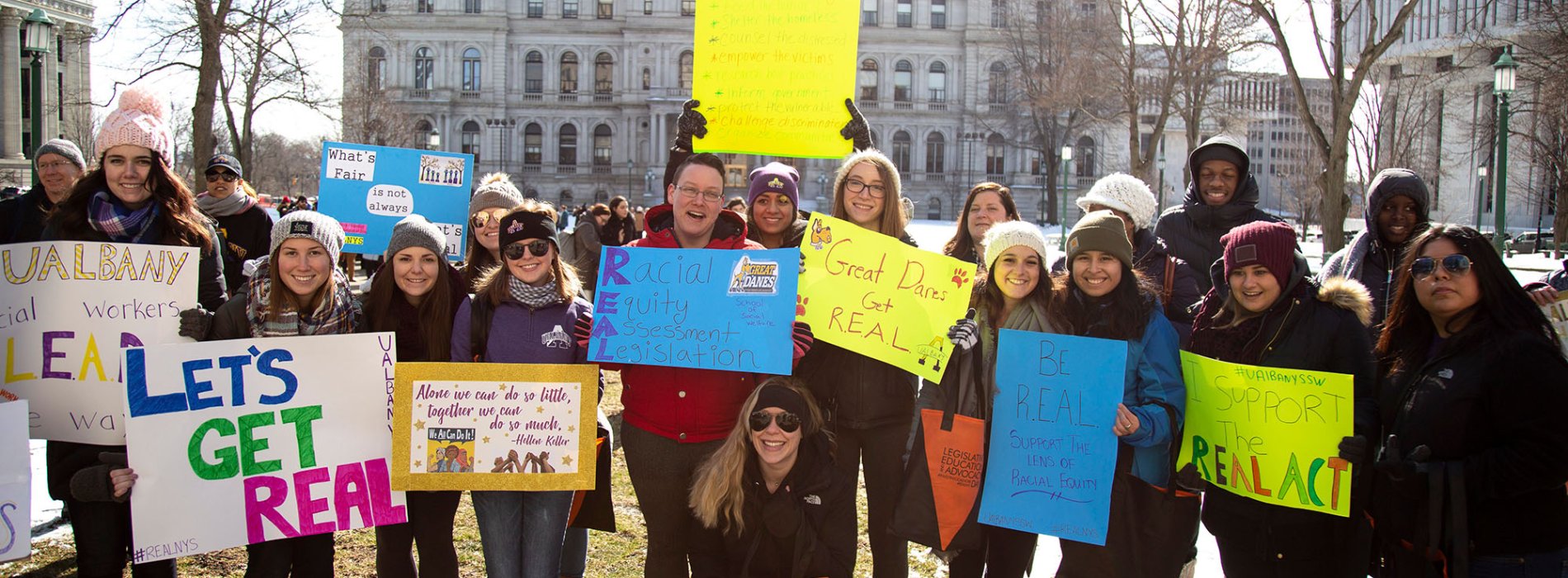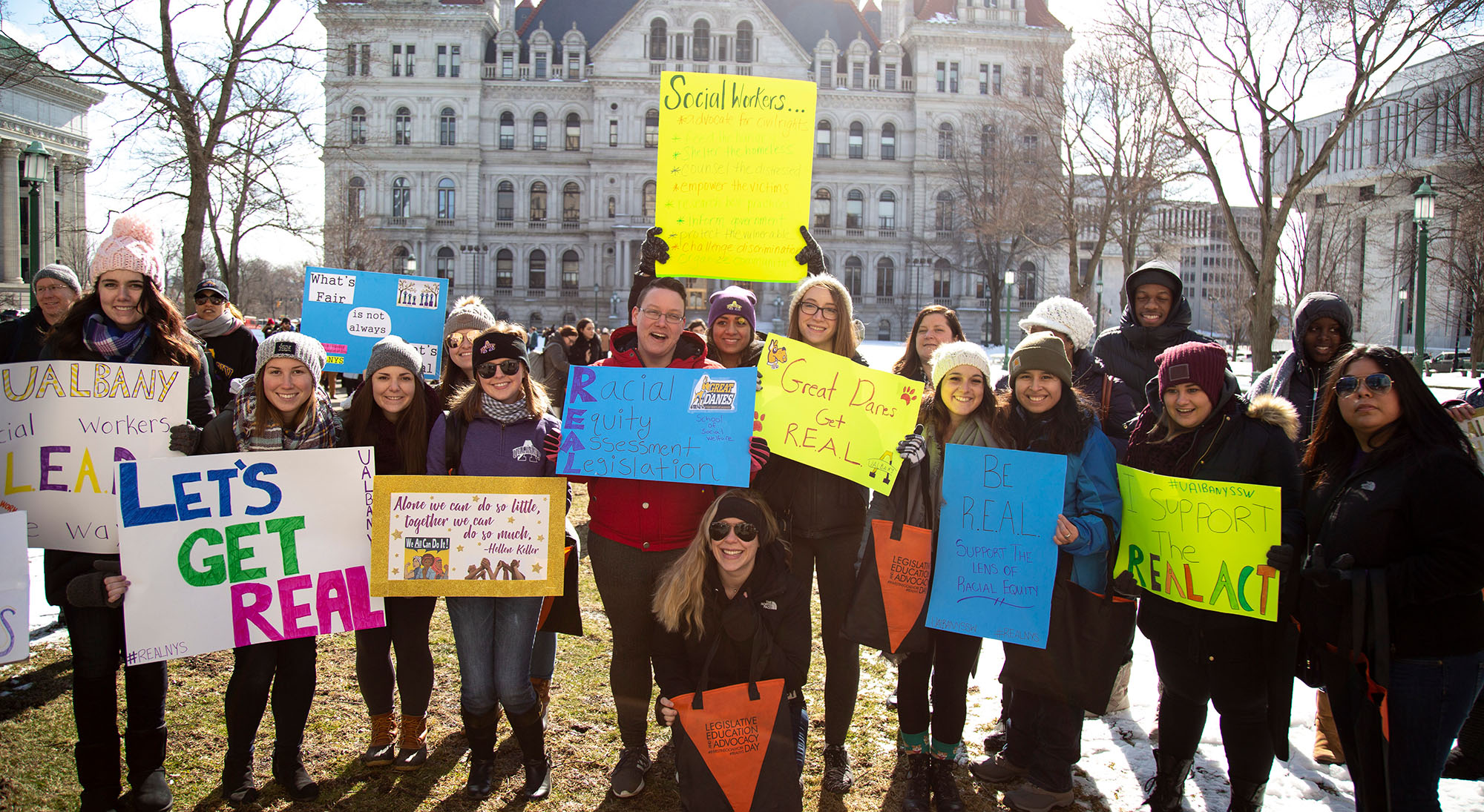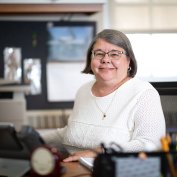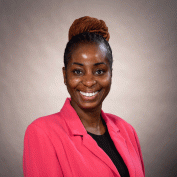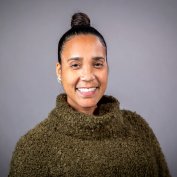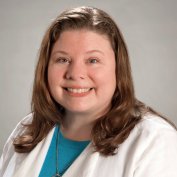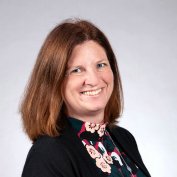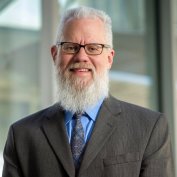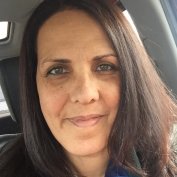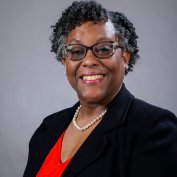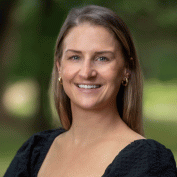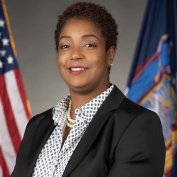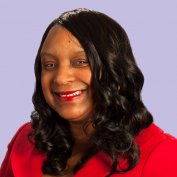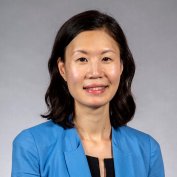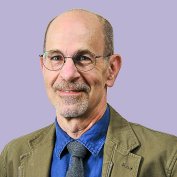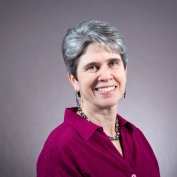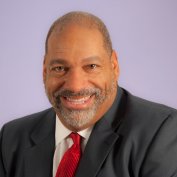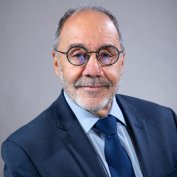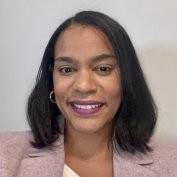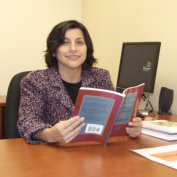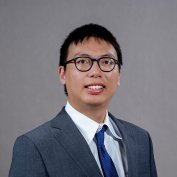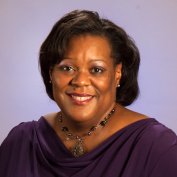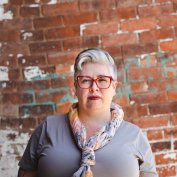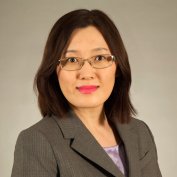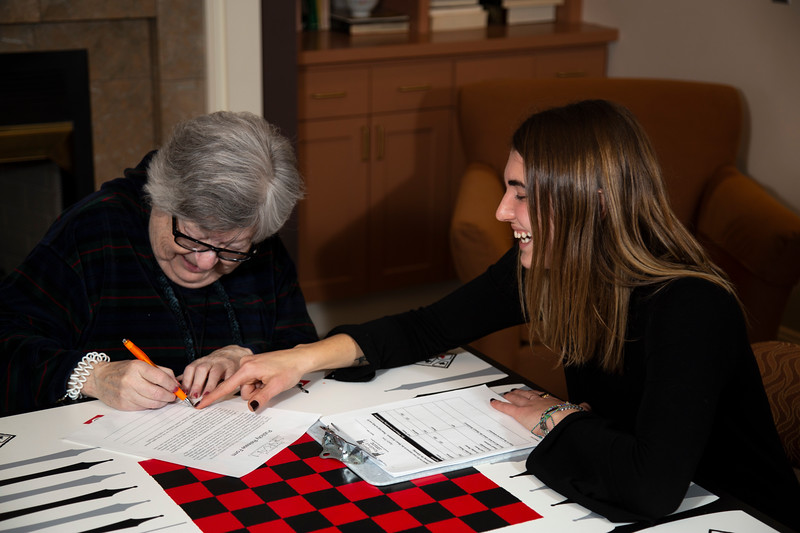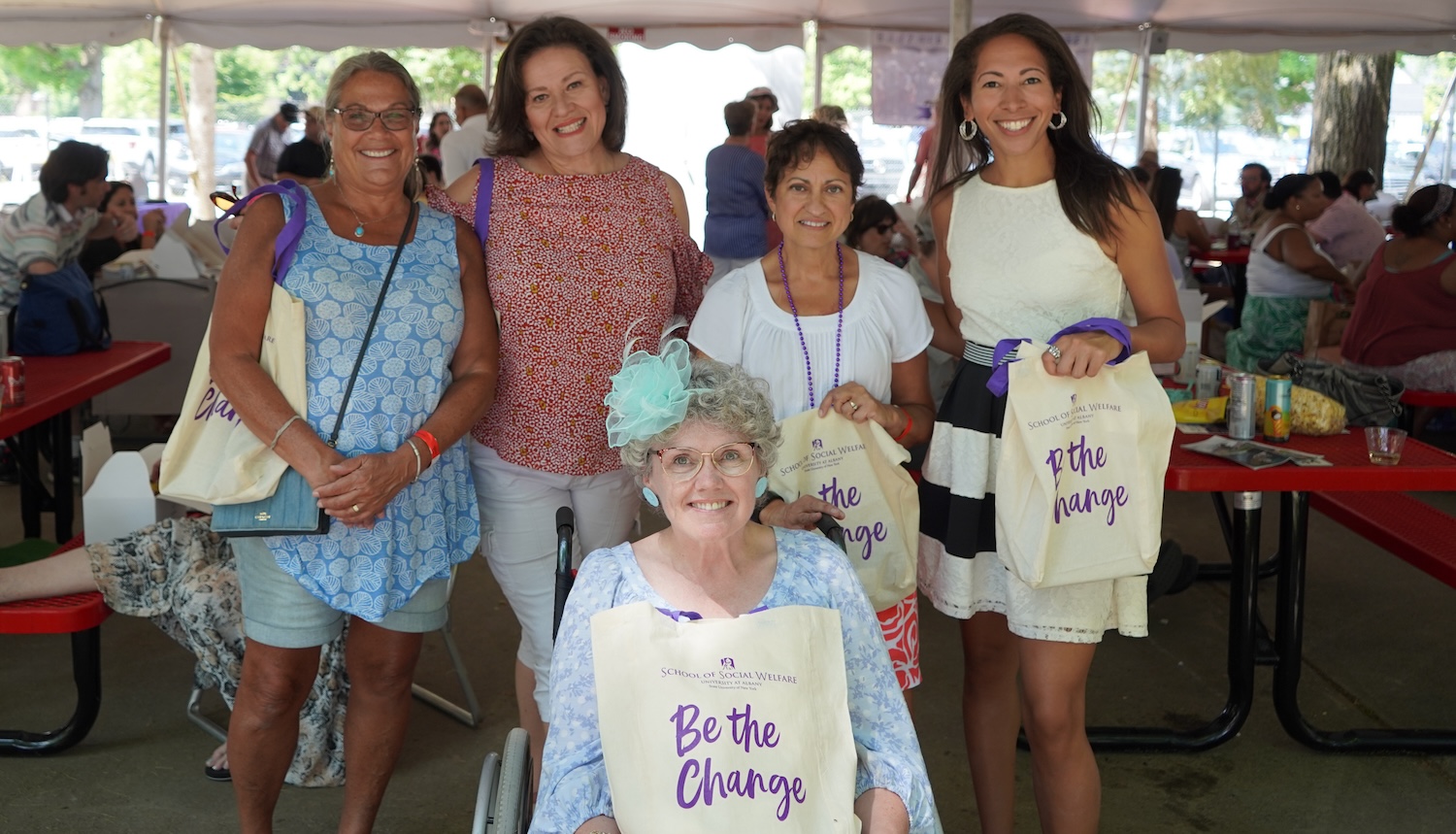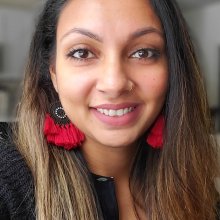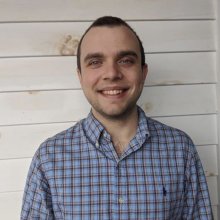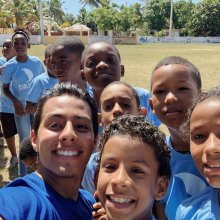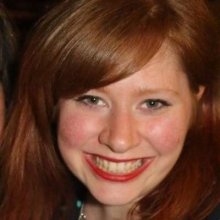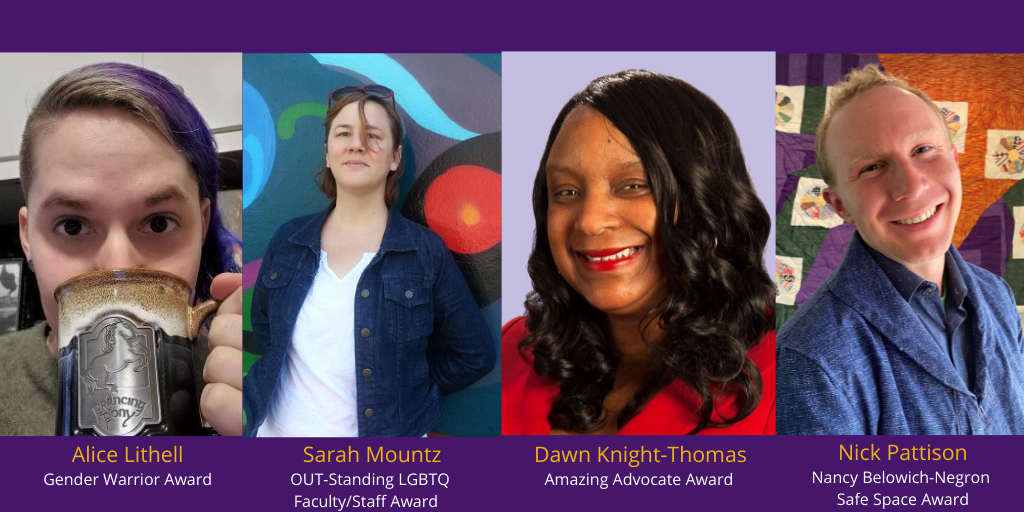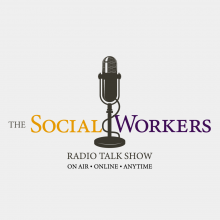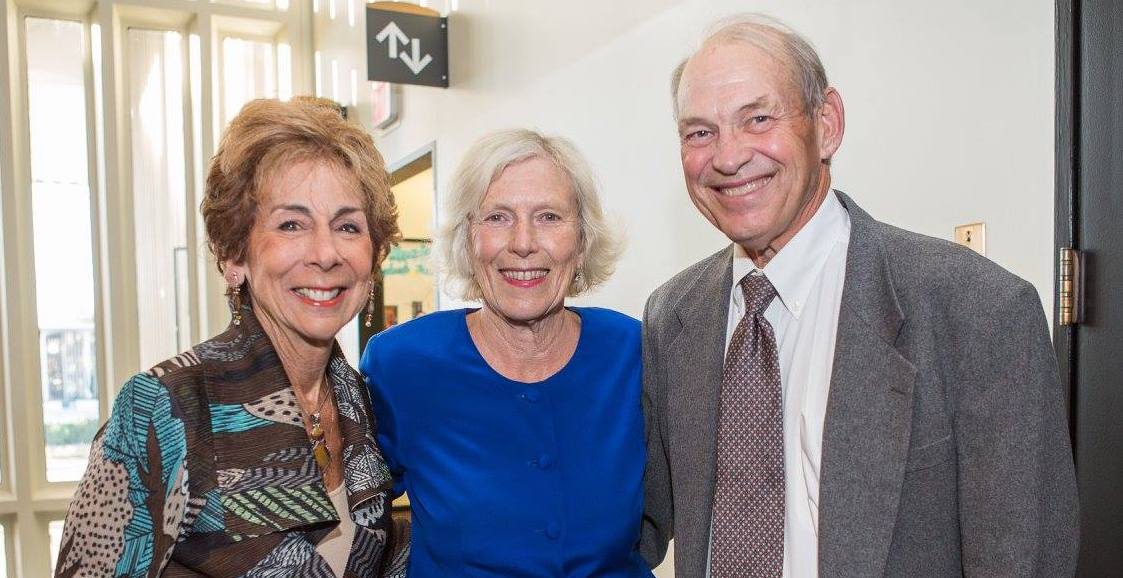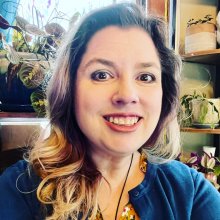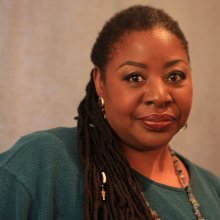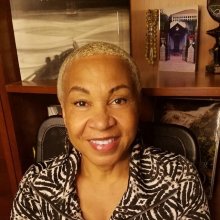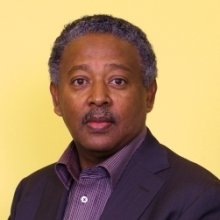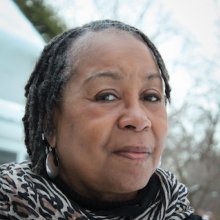The University at Albany School of Social Welfare is dedicated to the realization of a fair and just society and institutions that are diverse, inclusive and equitable. Our students have educational and research opportunities to improve human well-being on local, national and global levels.
Social Welfare prepares students for successful careers in social work through coursework and research with internationally known faculty, hands-on experience with our community and state partner agencies, and study abroad opportunities.
Interested in Applying?
Interested in learning more about the programs offered at Social Welfare? Have questions on any part of the application process? Register to attend an online information session.
A Message from the Senior Vice Dean, and Director Victoria Rizzo
I am thrilled that you are interested in the School of Social Welfare. You are joining us at an exciting time - our 60th Anniversary! We have been reflecting on all we have accomplished over the years, but we are also excited about what is next for the school as we join the new College of Integrated Health Sciences.
There are many reasons why you might be considering entering our program and becoming a social worker. Whether you want to work at the macro level to pass legislation to improve public health or provide direct clinical care, you will find that social workers at all levels collaborate with different stakeholders for the best interest of the client.
The idea of interdisciplinary collaboration is why entering the School of Social Welfare now is so exciting. Societal issues cannot be addressed by one discipline, but by a multipronged approach. Students need to be trained using an interdisciplinary approach to best serve them once they enter the field. Thus, our structure had to evolve so that this collaborative approach was intertwined into the research and academic programs in the new college.
As you explore our website, you will see opportunities for interdisciplinary course offerings, research, and experiential learning. Learning how to interact with a variety of professionals across fields will ensure that you are well prepared to collaborate, innovate and succeed in your future career.
I hope that you consider joining us for this new chapter.
Victoria M. Rizzo, PhD, LCSW-R, FNAP, FNYAM
Professor, Senior Vice Dean, and Director
School of Social Welfare
College of Integrated Health Sciences
Our nationally recognized faculty conduct research that attends to the mental, emotional, physical, and spiritual well-being of individuals and communities. Collectively, our scholarship accelerates innovations in social work practice and policy in a wide range of areas, including child welfare, aging and gerontology, health disparities, and mental and behavioral health.

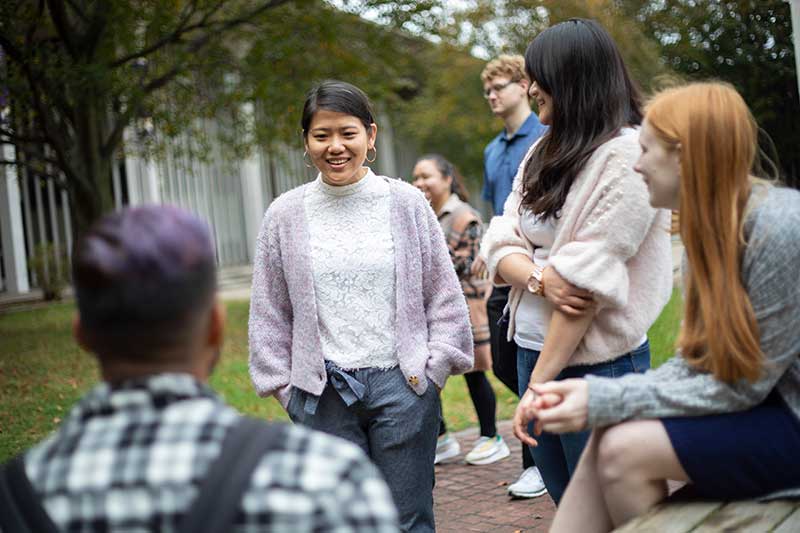
Social Welfare is dedicated to the realization of a fair and just society and institutions that are diverse, inclusive, and equitable. Through our research, teaching, and community engagement, on local, national and global levels, we promote social, economic, and environmental justice, human rights, and the improvement of human wellbeing. We are committed to eliminating oppression, especially against vulnerable and historically and emerging marginalized groups. We strive to embody principles of equity in our interpersonal behavior as well as organizational structures and culture.
$10M
Annual External Grant Funding
7,500+
Alumni Worldwide
400+
Field Education Partners
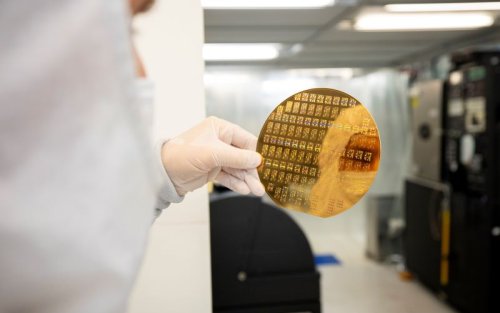
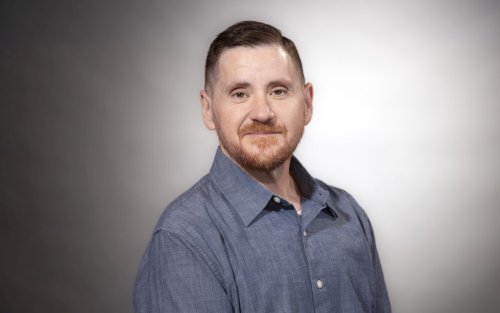
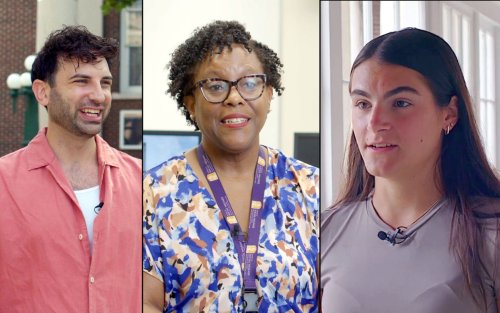
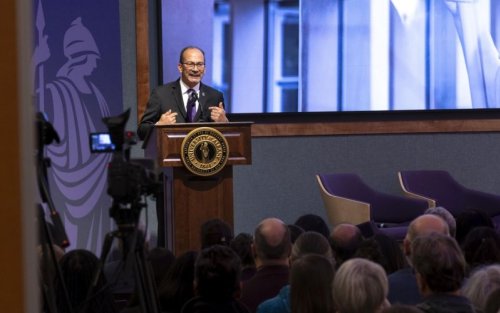

On-Site: 9 a.m. to 5 p.m.
Virtual: By Appointment



